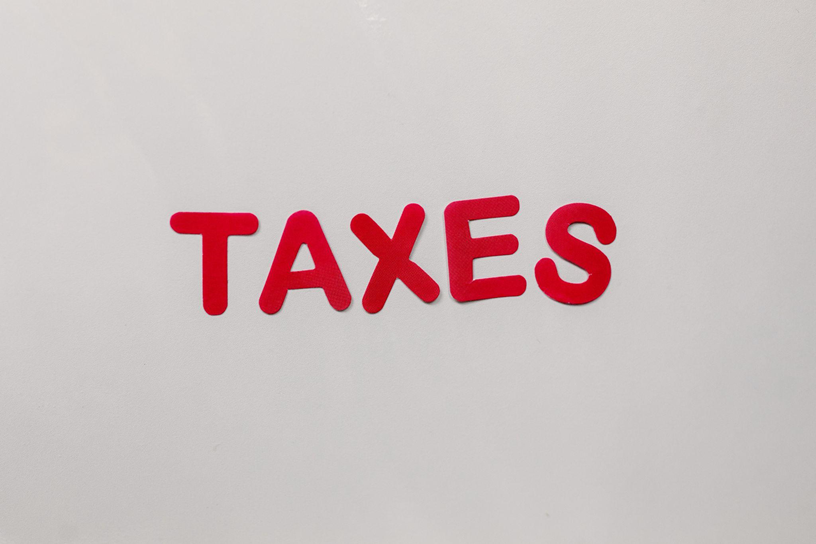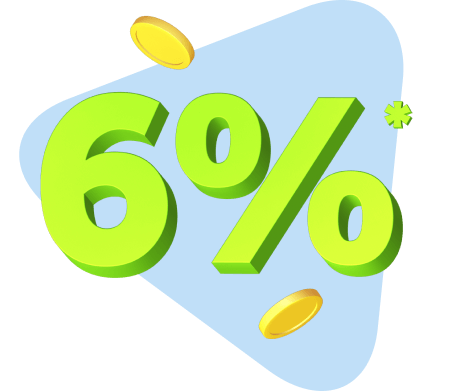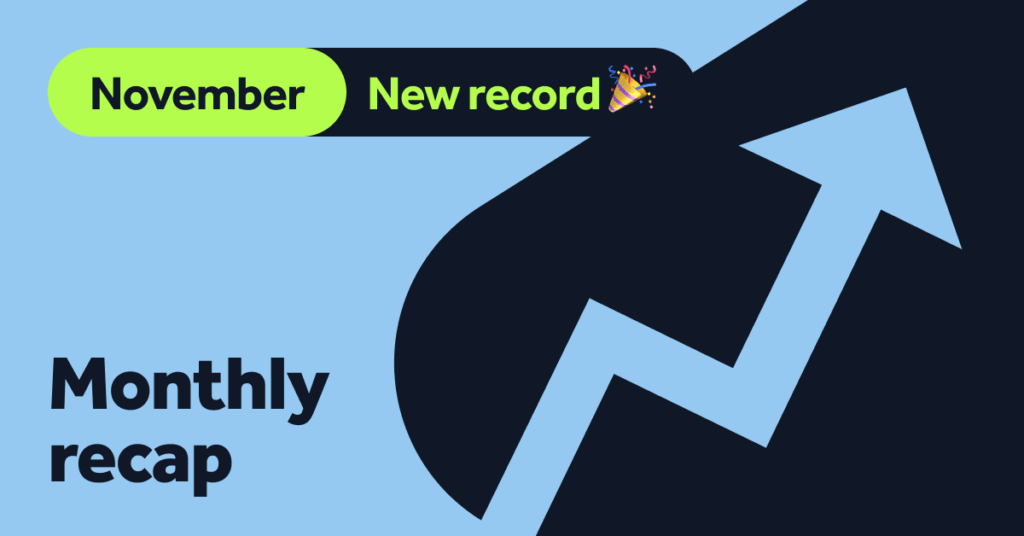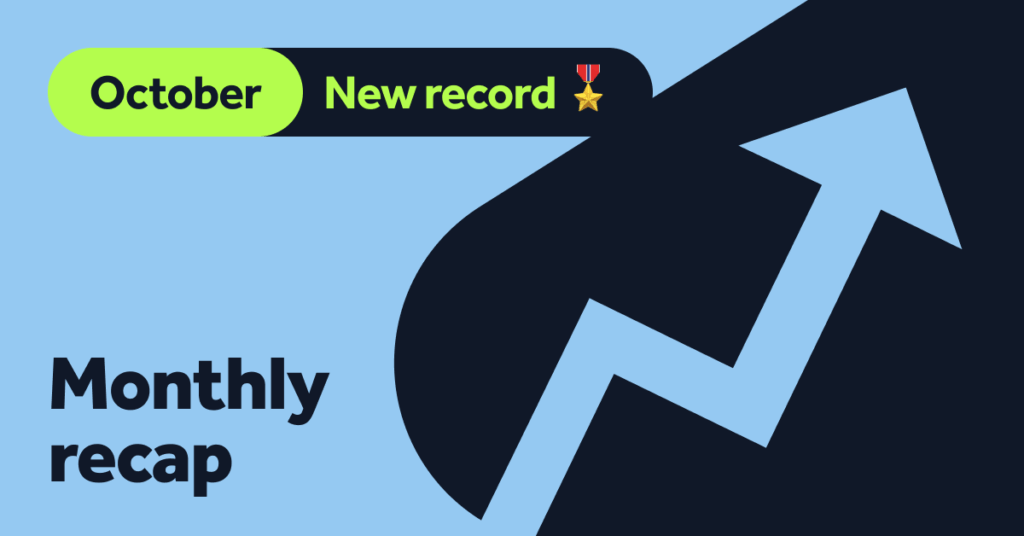If you’ve inherited money from a family member or loved one, you might be wondering what to do next. A financial windfall can often come as a bit of a shock, but it’s crucial to maintain a level head and make intelligent decisions with these newly acquired funds. An inheritance brings specific responsibilities, and choosing what to do with your money can leave you feeling lost and confused. We hope this guide can help you make the most of your inherited money.

Understand the tax implications
Before spending a single euro of your inherited money, you’ll need to do some research to understand the tax implications. If you have a responsibility to pay taxes on the money you’ve inherited, you’ll want to be sure to set aside at least the amount you owe (preferably more, since the preliminary calculations may not be exact). Every European country has its own estate, inheritance, and gift taxation laws, ranging from less than 0.5% to as much as 80%. Some European countries, like Sweden, Norway, and Austria, don’t impose estate, inheritance, and gift taxes; the vast majority, however, do. If in doubt, speak to a qualified tax professional about your situation and how much tax you should be prepared to pay.

Control the urge to spend unnecessarily
When coming into a sizable sum of money, it can be tempting to spend on all sorts of luxuries. Avoid the urge to spend the money you’ve inherited unnecessarily, and take time to think about whether or not you really need what you’re considering purchasing. If you need a new refrigerator or have to make repairs to your car, you should, by all means, make those sorts of purchases; but think twice about that expensive new pair of shoes or luxury vacation.
Pay off your debt
Debt can be costly and cumbersome, often hanging over your head until the balance is paid in full. Paying off your debt—especially bad debt with a high-interest rate—can be a smart way to spend some of the money you’ve inherited. If you have a low-interest rate mortgage or car loan, you may be wondering whether or not paying off the balance is worthwhile. An easy way to determine whether or not to pay off your good debt (like a home loan) is to compare your expected return on another investment with the interest rate on your loan. If the loan interest rate is significantly higher than the average returns generated by your investment option, you may want to consider paying off that debt sooner.

Buy property
Another great option for anyone who has inherited money is to buy a house. Besides being a tried and true investment that has performed very well historically, buying a home fills a need every person has. Buying a house is a great way to build equity in an asset that can serve as your place of residence. If you already own a home or prefer the flexibility of renting, buying a home and renting it out could be a viable investment proposition.
Create an endowment or foundation
Many people use endowments or foundations to fund the causes they find most meaningful. An endowment fund is an investment that’s designed to live on in perpetuity, allowing for a portion of the investment gains to be used. In contrast, the initial investment of capital continues to grow over time. Endowments and foundations can play the role of an individual’s legacy, so if you’ve inherited a large sum of money from a loved one, you can use it to create an endowment or foundation in their memory. Endowments and foundations can be used to fund any number of causes, including schools, non-profit organizations, hospitals, and religious institutions.
Donate
Charitable giving is always a noble cause and can be a fine choice for someone looking to do good with inherited money. Making charitable contributions in memory of (or in honor of) a loved one is a beautiful tribute to that individual. In addition to the intrinsic benefits of giving charity, charitable contributions are tax-deductible and can reduce your overall tax burden.

Create an emergency fund
Creating an emergency fund is a must for everyone, and coming into inherited money can help you create or contribute to your emergency fund. An emergency fund is a vital component of a sound financial plan and can help protect you and your family in the event of the unexpected. Though many people neglect to acknowledge the importance of an emergency fund, keep in mind that if you don’t have one, you may find yourself in a difficult position should an expensive, unpleasant surprise arrive.
Invest
Investing is an excellent choice for anyone who has inherited money, regardless of the amount. Investing can take several different forms, so depending on your time horizon and risk tolerance, you’ll want to choose the appropriate investment to fit your needs. If you feel comfortable and have some investing experience, you can do your research; if you prefer, you can always speak to a licensed investment adviser for professional guidance. Below, we’ve listed a few popular investment choices for you to consider:
Certificates of Deposit (CDs), money market funds, and high-yield savings accounts
These are some of the safest investment options around and can serve you well, particularly if you’re looking for a place to park your inherited money for a short period. These investments yield a low, predictable return, but can be useful in helping protect your inheritance money while you explore what to do with it.
Bonds
Bonds are known for being a safe path for investors who want a predictable, low-risk investment. A bond is a debt issued by either corporations or governments, with the promise that they will pay back investors with interest. The level of risk associated with each bond varies based on the corporation’s financial strength or the government issuing the bond.
Exchange-traded funds
Exchange-traded funds (ETFs) are a great way to gain broad investment exposure to a particular group of securities. ETFs, give investors quick, easy access to a basket of stocks that generally tend to outperform bonds. Since investing in an ETF consists of an investment into several securities, the risk is also reduced compared to investing in a single stock. There are thousands of ETFs to choose from, such as Vanguard FTSE Europe ETF (VGK) and iShares Europe ETF (IEV).
Individual stocks
Individual stocks can be exciting, but make sure you exercise caution when choosing specific stocks to invest in. The prospect of significant gains on individual stocks is possible, though this increased upside potential comes with a very real risk of principal loss.
Alternative investments
Alternative investments can be an attractive option for those who don’t want to invest in traditional securities and have an increased appetite for risk. Alternative investments can include precious metals, cryptocurrencies, real estate, peer-to-peer lending, and more.
Key takeaways
Whatever you do with the money you’ve inherited, be sure to take your time before making any decision. You may have come into this money quickly and unexpectedly, but that doesn’t mean you have to rush to spend a single euro. Before you dip into these funds, you should understand what (if any) taxes are owed on your inheritance. Finally, you should consider your needs and goals and how you can put your inherited money to work in helping you achieve those goals.
Please share this article with someone who could find it helpful.




